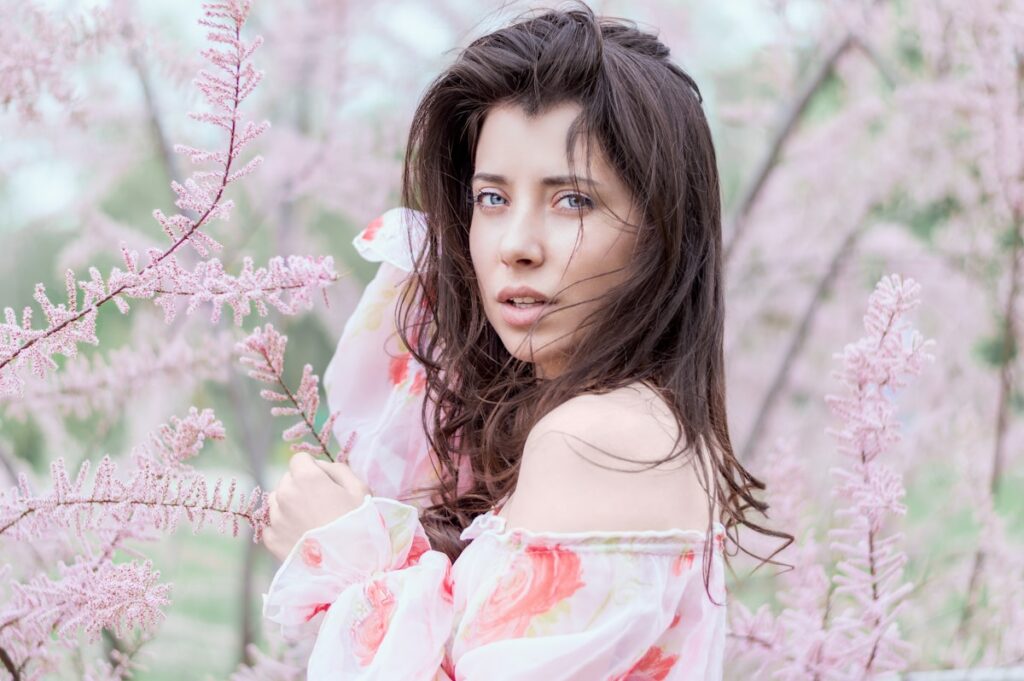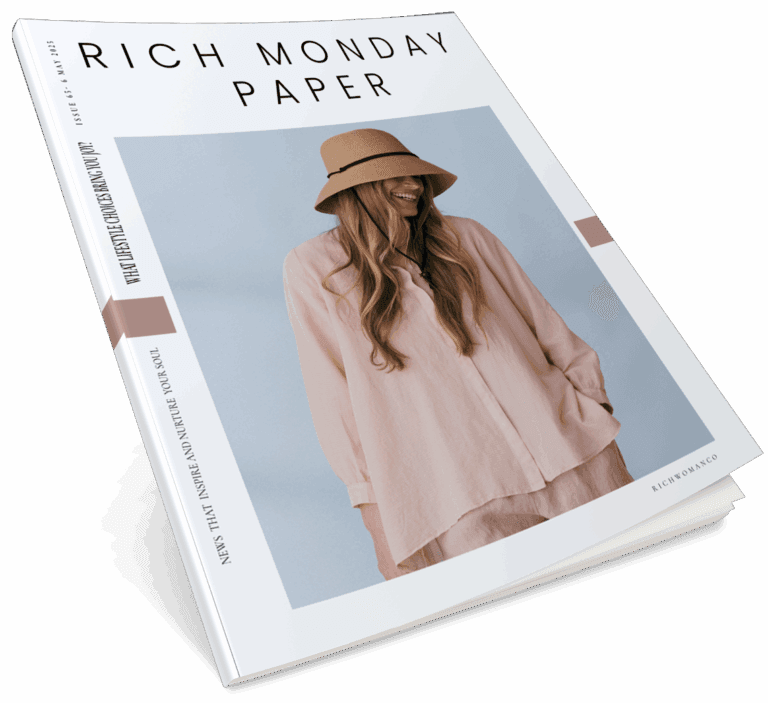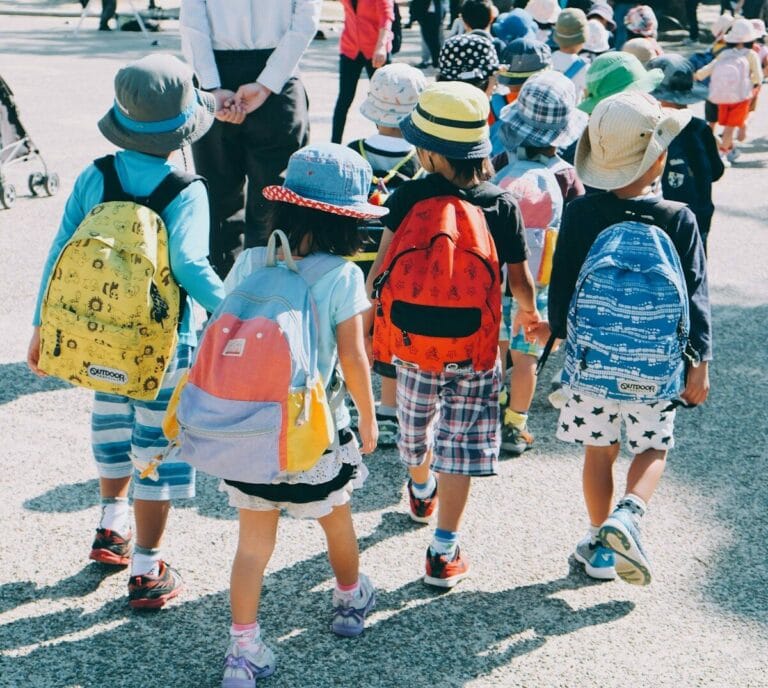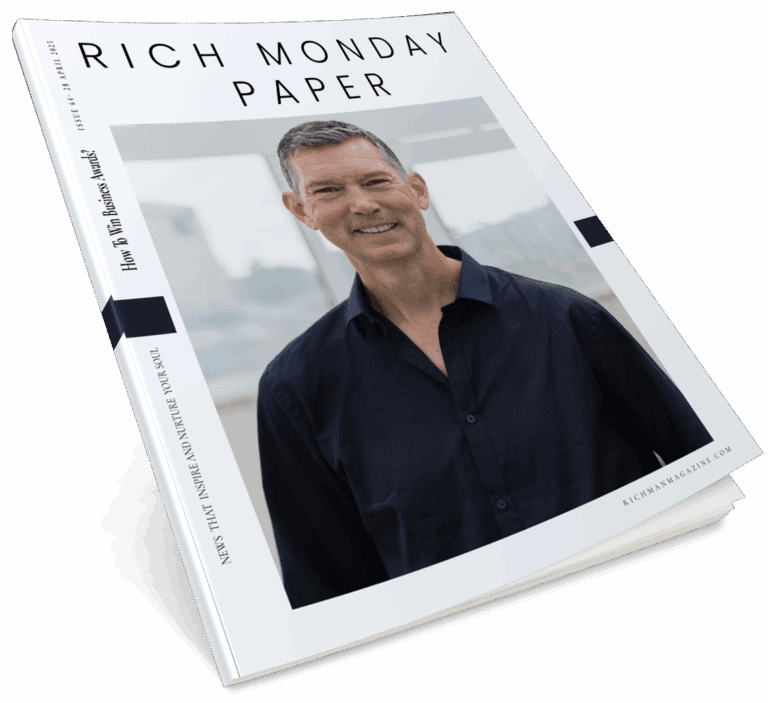AI Women: beauty pageants, self- perception and social-media clout
For thousands of years artists, writers, scientists, musicians, poets and designers tried to capture the essence of women's beauty. Can AI truly comprehend beauty? What are the implications of AI for beauty pageants, self- perception and social- media clout?

Do you wonder about the influence of technology in defining beauty standards today? The integration of artificial intelligence (AI) into various sectors, including the beauty industry, has initiated new implications for beauty definitions, self-perception, gender representation and influence. This article explores the role of AI and the impact of self- perception and societal consequences.
Beauty pageants
Beauty pageants are a classic channel for showcasing beauty ideals. However, the entry of AI in judging these contests, demonstrates technology’s ability to influence the concept of traditional beauty. The AI’s idea of beauty comprises clear skin, high cheekbones, and more, which may reflect narrow beauty ideals. This generates questions on the diversity of AI models, highlighting possible biases originating from the datasets used in training these AI judges.
The AI’s Perception of Beauty
Beauty, a concept as elusive as it is ubiquitous, has long captivated the human imagination. From the elegant curvature of a seashell to the intricate symmetry of a snowflake, the perception of beauty transcends cultural boundaries and epochs. Yet, in the age of artificial intelligence (AI), this ethereal notion takes on new dimensions.
AI showcases impressive predictive capabilities when rating beauty. This intriguing factor challenges the ability of AI to objectively define beauty, considering its subjectivity varies with cultural, social and personal influences. As new algorithms explore creativity and cognition, the question arises: can machines truly grasp the essence of beauty?
AI avatars altering self-perception
AI’s influence is vividly expressed when users feel the need to seek plastic surgery to replicate their AI-enhanced selves. Forbes acknowledges Lensa for creating AI avatars that have significantly altered individual perceptions of beauty. This highlights how AI’s idea of perfection can exert tremendous pressure on individuals’ self-image.
The Merits and Downsides of AI in Beauty
Integrating AI into beauty and fashion is a balance of creativity and repercussions. While AI and digital art advance boundaries of innovation and creativity, overuse of AI beauty filters can stir mental health issues linked to the continuous quest for digitally altered perfection.
The “Most Beautiful” Debate
The debate over who is “the most beautiful woman of our time” has taken a new turn with AI’s role in beauty pageants. An article by Salon Today points out how this contest mirrors the evolving definitions of beauty promoted by such platforms ).
Need for Gender Diversity in AI
The predominance of male stakeholders in the technology industry has long been criticized for its imbalance that may affect the products developed, including in beauty technology (Vogue).
Women’s Concerns Regarding AI
AI’s broader societal implications such as job displacement and privacy issues, have been highlighted in recent studies as raising disproportionate concerns among women (Brookings).
Closing Thoughts
AI undoubtedly continues to revolutionize personalization, aesthetics and experiences in the beauty industry. Yet, it’s vital to approach its use with caution, considering its tendency to reinforce narrow beauty ideals, which can negatively impact mental health and societal diversity.
There’s a need for a comprehensive dialogue involving technologists, the beauty industry, and society at large, emphasising on diverse training datasets, inclusive standards, and realistic representations of beauty in AI models. We also need to watch out for the effects of AI on self-perception and mental health, and advocate for a balanced use of AI that promotes individuality and authenticity.
Do you want to share your story and inspire our readers ? Know that YOUR EXPERTISE is paving the way for a brighter, happier future.




